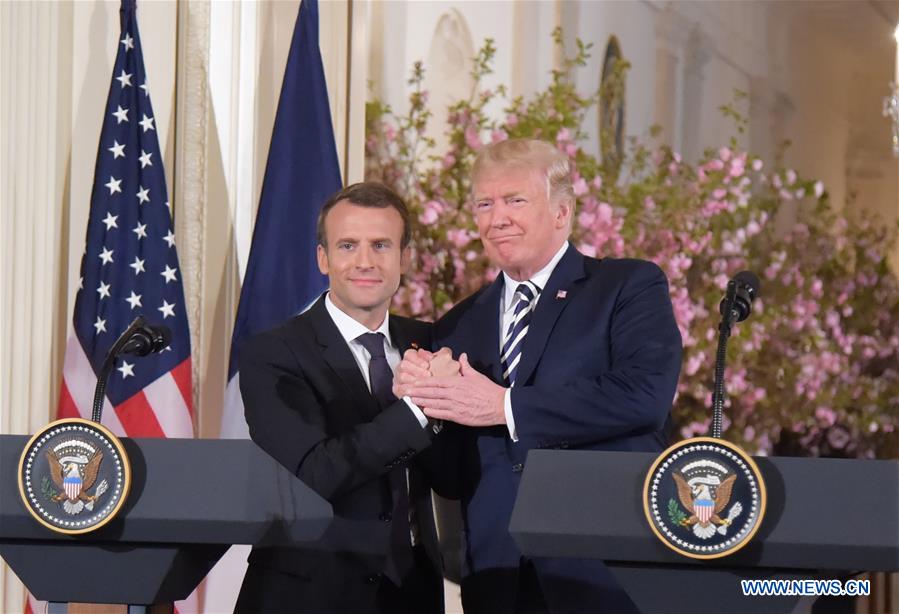 Possible NAFTA deal could come in next 10 days, says Mexican expert
Possible NAFTA deal could come in next 10 days, says Mexican expert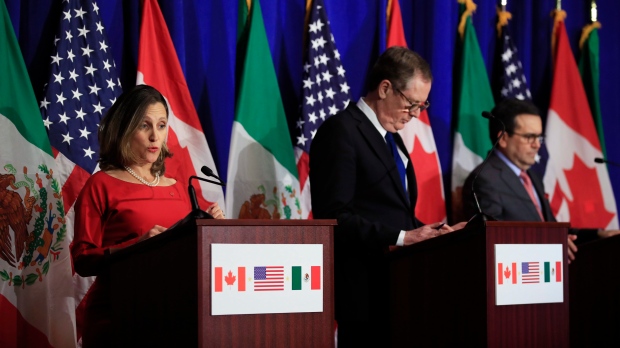 Trump, Macron attend joint press conference in Washington D.C.
Trump, Macron attend joint press conference in Washington D.C.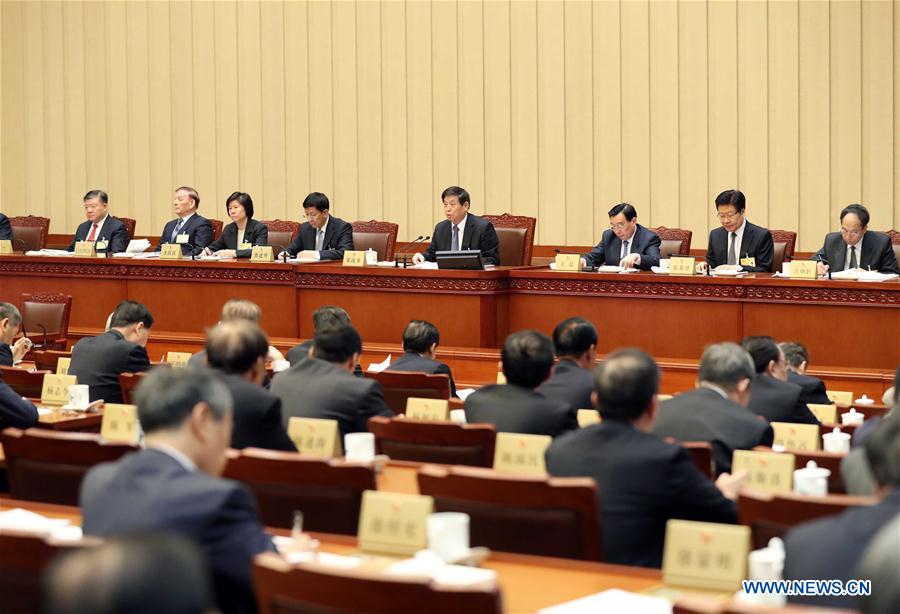 Top legislator urges NPC Standing Committee members to improve competency via study
Top legislator urges NPC Standing Committee members to improve competency via study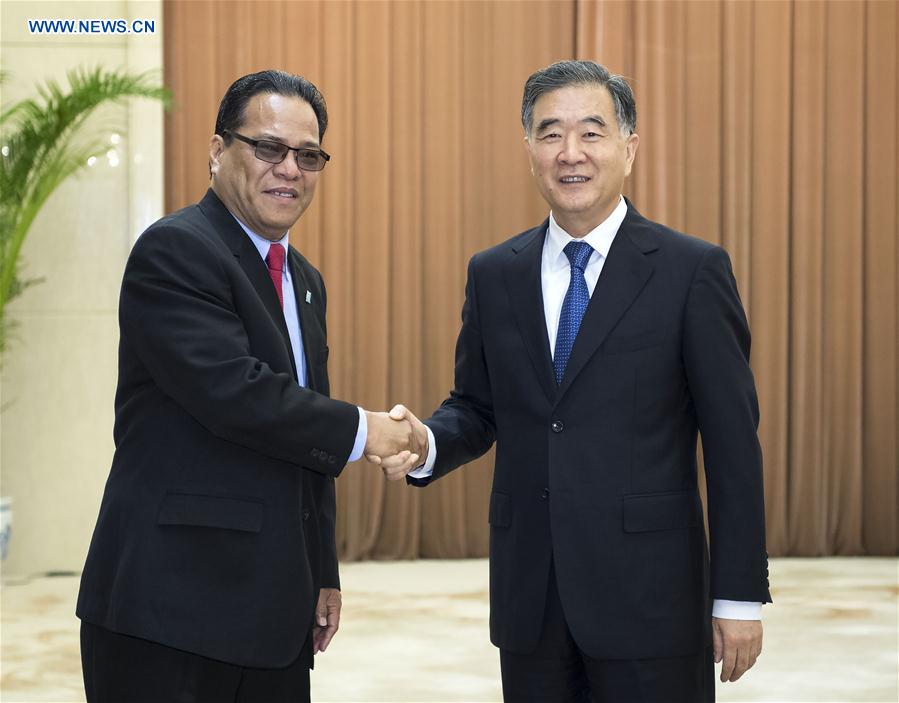 China, Micronesia agree to expand cooperation
China, Micronesia agree to expand cooperation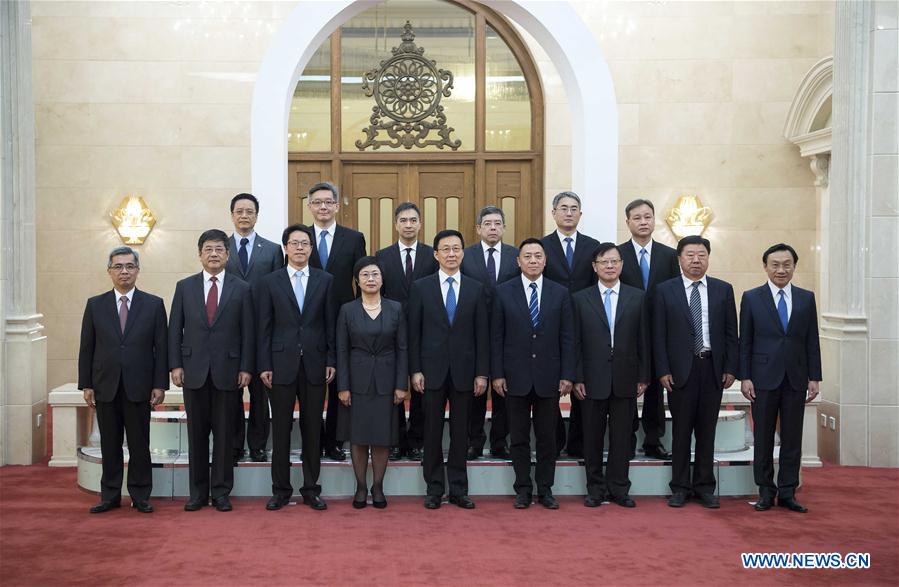 Vice premier meets with Macao officials
Vice premier meets with Macao officials
Gender discrimination in China is resurfacing as employers seek pretty women, or men
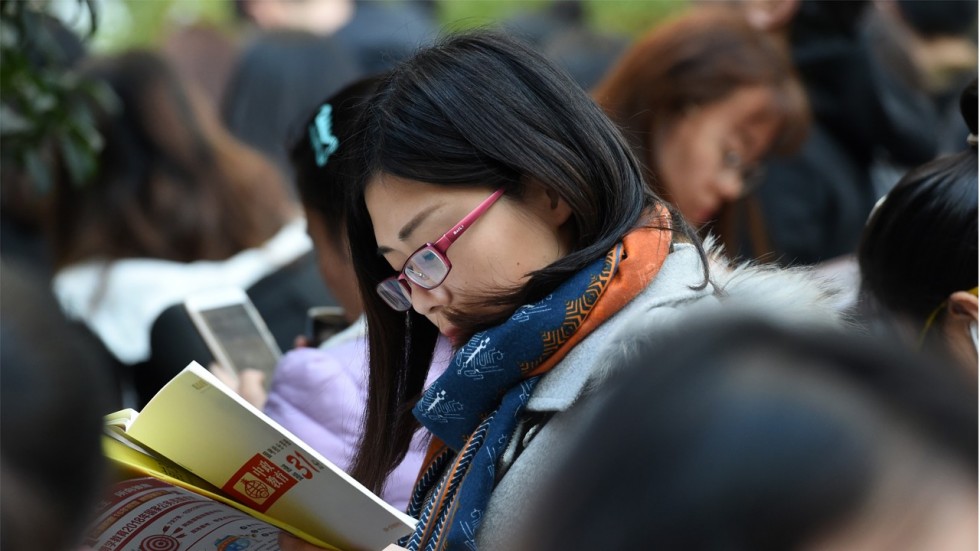
Lijia Zhang says China’s economic development has brought back regressive ideas about women – evident in sexist job adverts – that is fuelling a widening gender pay gap
“Looking for a pretty female, must be taller than 1.70 metres, with fine features.”
This is not a personal advertisement but a job posting for a salesperson. I came across it some 22 years ago when I reported on a job fair in Beijing. It was the first time I noticed such blatant sexism in recruitment advertising. Having grown up with Mao’s declaration that “women hold up half of the sky”, I was shocked.
Sadly, gender discrimination has worsened. A recent Human Rights Watch report on gender discrimination in employment in China finds widespread prejudice in recruitment advertisements. For example: “Woman must possess female beauty that exceeds nature itself” and, “Beautiful girls needed.”
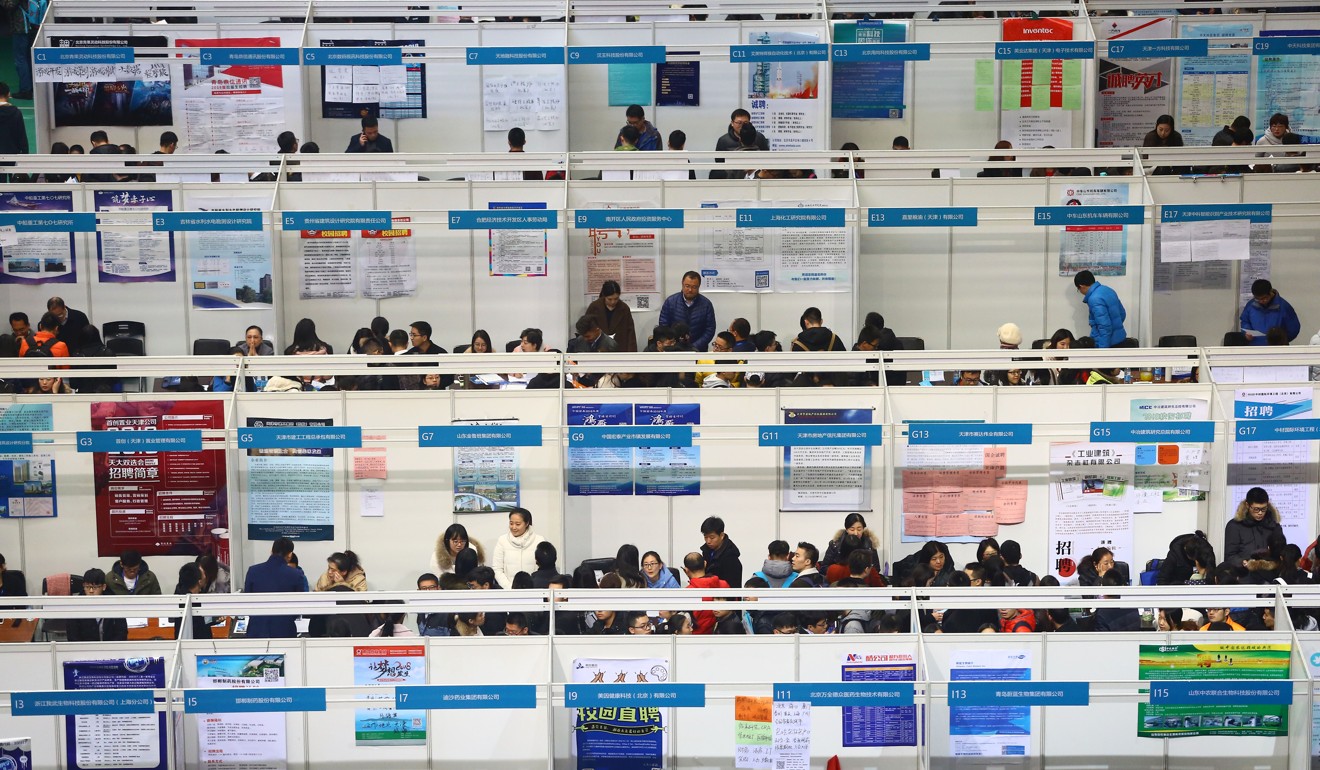
China’s rapid economic development has brought unprecedented opportunities to millions of people, myself included. I managed to rise from a factory worker to a journalist and writer.
But, overall, women have benefited less than men. According to the World Economic Forum, China’s gender parity ranking fell from 57 in 2008 to 100 in 2017. A smaller proportion of women are working today and the gender pay gap is widening.
The Human Rights Watch report points to discrimination in employment as key to the widening gender pay gap. The report found 19 per cent of civil servant job postings in 2018 explicitly preferred men.
Contrast this with the 1950s when my mother was allocated a job at a state-owned factory. She considered herself lucky even though she got stuck with acid pickling, which involved lifting heavy machine parts into a tank filled with chemicals. Mao’s ideal of gender equality was to deny the physical differences between men and women. The model women at the time were the “iron maidens” of Dazhai village who dressed like men and could carry as much as them.
These days, the pendulum has swung the other way. At a Tencent party last year, female staff had to use their teeth to open water bottles held between male employees' legs. Sexual objectification of women is rampant in job advertisements, that, for example, demand women with “no obvious scars on the face” and a body weight “below 65kg”.

